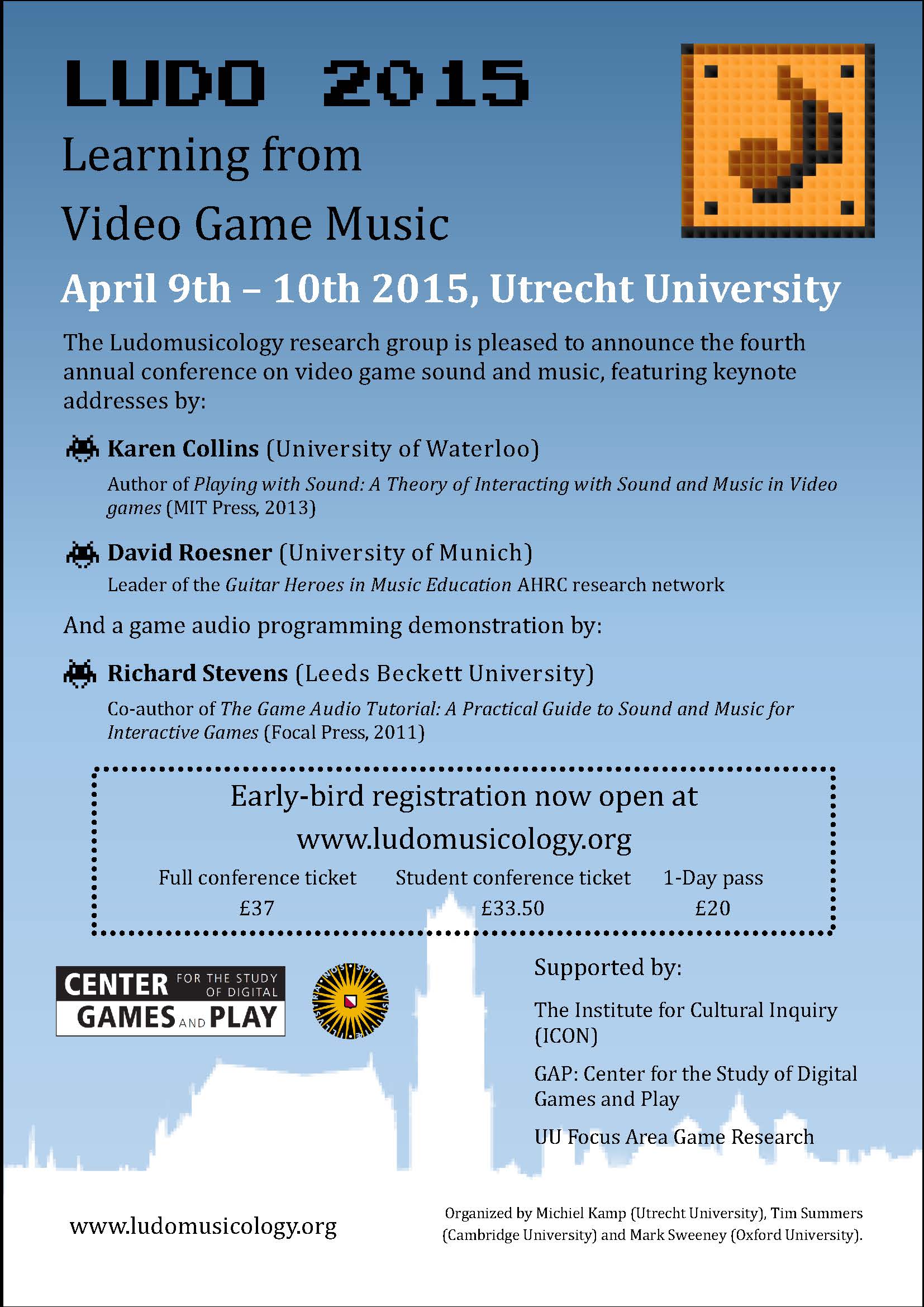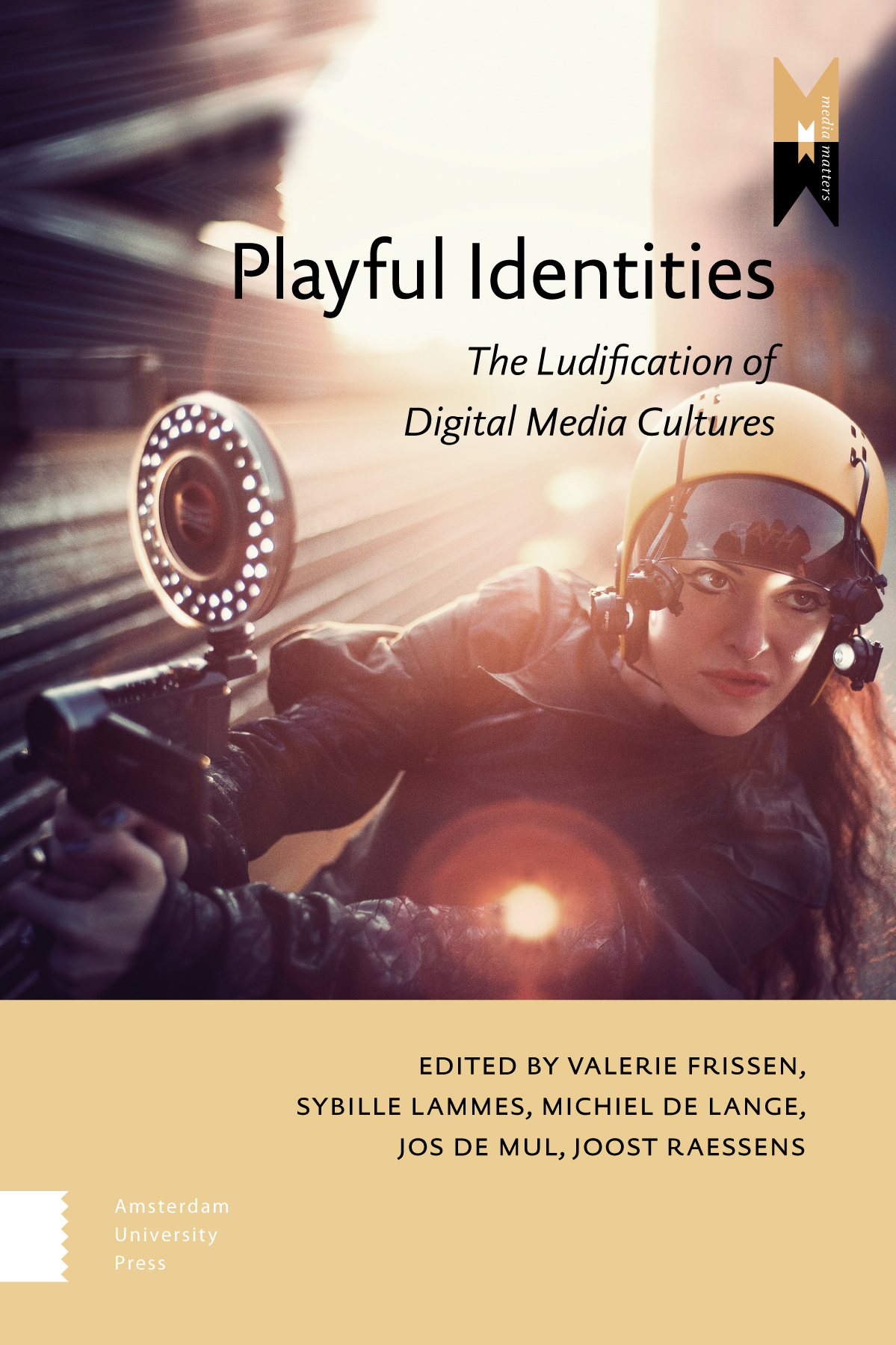GAP Seminar #2
On Monday May 11 the Centre for the Study of Digital Games and Play (GAP) will host its second seminar at Muntstraat 2a, room 1.11 from 10:00-12:00. Sjors Martens and Joleen Blom (both RMA students) will share their game-related work with us. For these discussions we will read short texts in preparation (see attached).
Connecting the Dots: The Playful Ontology of Media Constellations – Sjors Martens (RMA Media & Performance Studies)
Transmedial universes rank amongst the most elaborate entities in current media culture. Despite their current prevalence little holistic approaches exist that address the worlds themselves instead of singular instalments. In his presentation Sjors provides a model based on Miguel Sicart’s definition of play to deal with what he understands as Transmedial Universes. The different characteristics of play shall be scrutinised and related to the main characteristics of transmedial universes. This model shall then be tested on different cases that fit with the discussion group, such as videogames and urban practices. In this discussion we will critically examine this theoretical framing of play and the model’s limits.
In preparation we will read the the first chapter of Miguel Sicart’s latest book Play Matters (2014).
Japan and Games: A Hybrid Culture in a Hidden Environment – Joleen Blom (RMA Media & Performance Studies)
During this presentation Joleen discusses the issues and revelations she discovered in her on-going thesis research on Japanese Studies and Game Theory. She will adress questions such as “why can we not speak of a clear division between Japanese and Western Games?”, “Why do we need to take manga (Japanese comics), and anime (Japanese animation) into consideration when addressing Japanese Games?”, and “from what perspective is she planning to approach Japanese and Western gaming in regad to each other?”. Through this presentation, Joleen will try to bring forth a better understanding of the background she is coming from, while at the same time, trying to open up a discussion on how one might be able to open up the bridge between the Western and Japanese gaming culture on an academic level.
In preparation we will read chapter three, starting from page 94 “Disney as Model and Rival“, of the book The Soul of Anime (2013) by Ian Condry.




